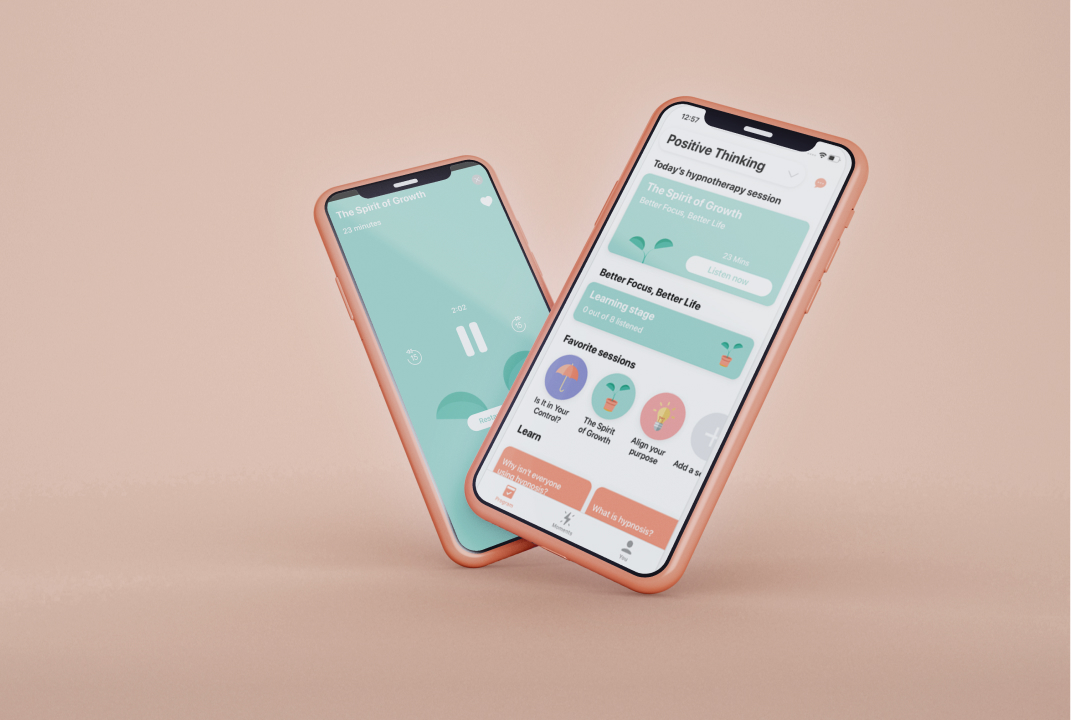Could hypnotherapy be the next big thing to follow-on from mindfulness? An Aussie startup called Mindset has developed an app-based self-hypnosis program to help manage a range of under-served conditions including; irritable bowel syndrome (IBS), chronic pain and depression.
The company recently landed a $6.7 million funding round, led by US-based angel investor James Beshara as well as Banana Capital, Fifty Years and local VC fund Giant Leap.
Hypnosis has historically had a dubious reputation, but the founding brothers of Mindset Health, Alex and Chris Naoumidis, are pushing back against those generalisations saying charlatans of the past shouldn’t negate the evidence-based results that can come from self-hypnosis.
“Hypnosis has some myths and misconceptions, but it’s simply a state of focused attention and heightened suggestibility that can amplify therapeutic techniques. A lot of these myths can be attributed to media portrayals and the lack of regulation around who can call themselves a hypnotherapist. Our approach is different because we’re working with expert clinicians who either are doctors or psychologists, while focusing build an evidence-based company.” Explains Alex Noumidis,
The solutions are very much targeted, with their key product Nerva being focussed on helping reduce symptoms of IBS through science-backed gut-directed hypnotherapy.
“Nerva is based on an approach used in a randomised controlled trial by Monash University that found gut-directed hypnotherapy was just as effective as the gold-standard elimination diet low FODMAP, without requiring diet change. Various studies have supported it as a tool in helping menopausal hot flashes, pain conditions, depression, sleep disorders, addiction and more.” Alex says.
But it’s not everybody, and Alex stresses that they screen potential users to make sure it is appropriate for them.
“We make sure that users know they should be diagnosed by a healthcare practitioner before using Nerva, as IBS symptoms are similar to other conditions. We also ask several questions to make sure they have the time, device and other requirements to use the program logistically.”
Hypnosis is particularly well suited to be delivered through an app because most programs are delivered with eyes closed, and with verbal queues. Research results show that in-person or recorded sessions have produced comparable results.
“We’ve run a retrospective study that found 89% of Nerva users who finished the self-management program reported any improvement in symptoms using a validated scale and 64% self-reported a clinical level of improvement.”
The fresh injection of capital will be used to scale the program to more users, while also adding new self-management programs for menopausal hot flushes, depression, and chronic pain. They’ll also run several randomised controlled trials with the aim of scaling to 100,000 users a month.
“We’re still a small team and will be hiring for many key roles across engineering, healthcare, content and more.” Alex says
The brothers previously went through the highly-regarded and highly-competitive Y Combinator accelerator program in the US.

